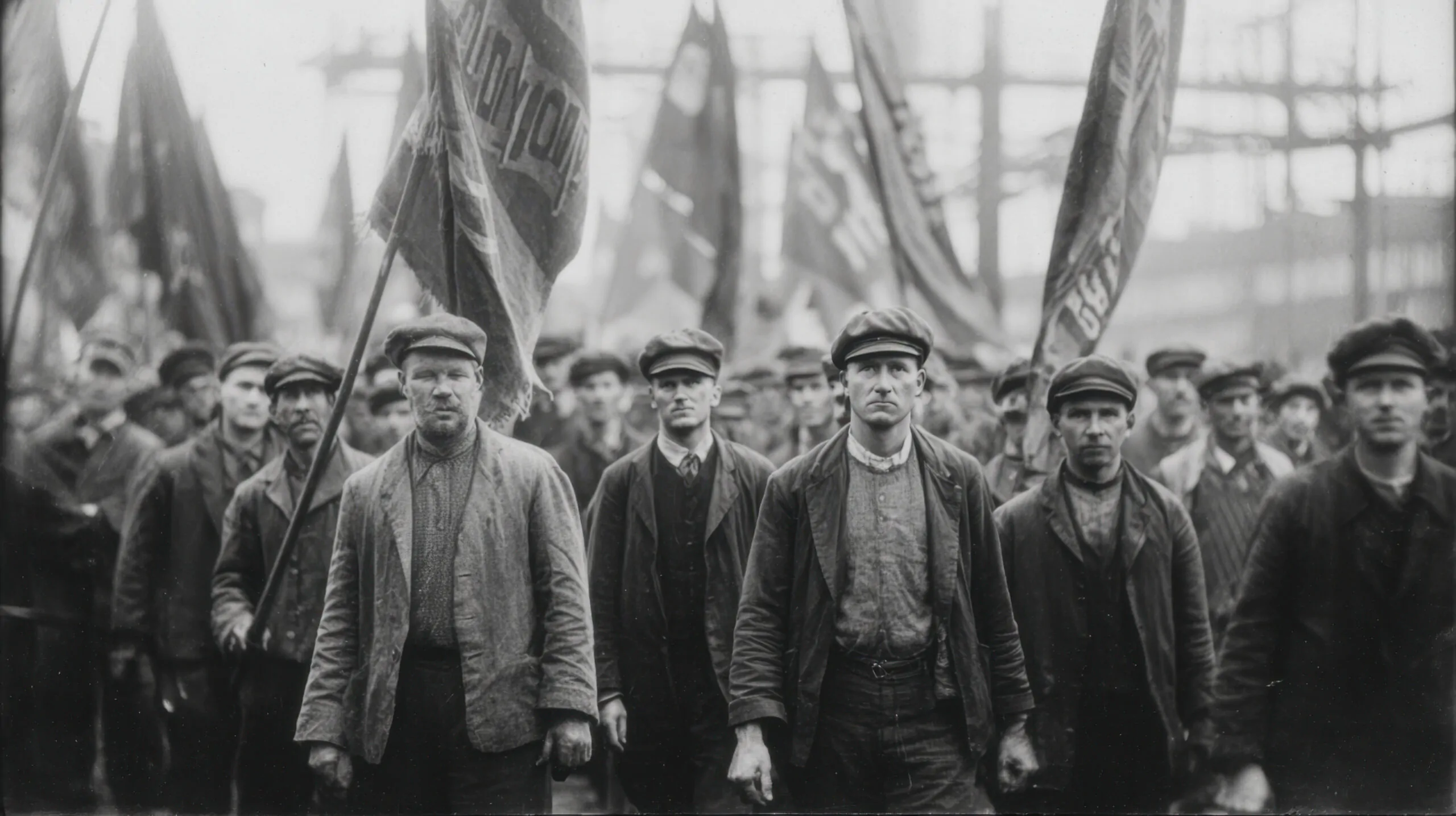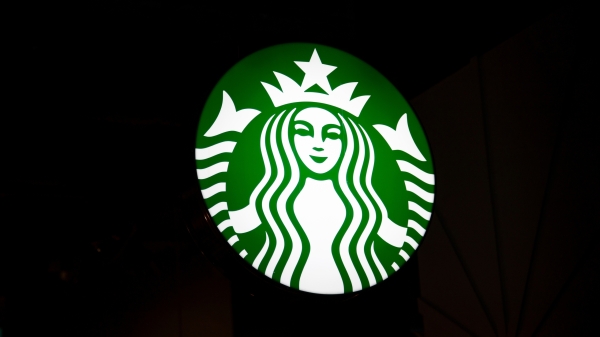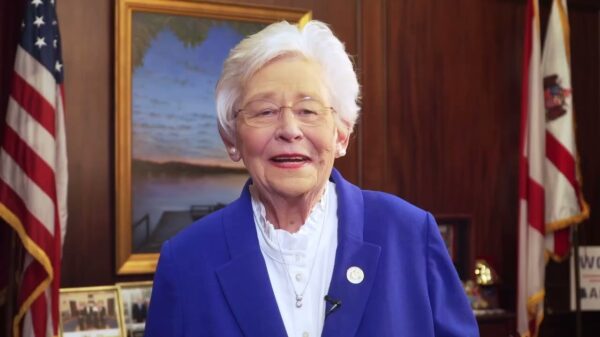Labor Day is not a holiday that began with barbecues and sales, but with strikes and blood. It was born from the labor wars of the late 19th century, when working men and women demanded shorter hours, fair pay and safe conditions in industries that treated them as expendable. The Pullman Strike of 1894 ended with federal troops firing on strikers. The nation was so shaken that Congress rushed to establish Labor Day—not as a gift, but as a concession to a movement too powerful to ignore.
Samuel Gompers, the great labor leader, said it best: “Where trade unions are most firmly organized, there are the rights of the people most respected.” That was the meaning of Labor Day—not leisure, but solidarity. It was a reminder that the nation’s prosperity rests not on the few, but on the shoulders of its working people.
Alabama’s labor history is steeped in that same struggle. Birmingham’s steel empire was built on miners and mill hands who lived in company towns, paid in company scrip and endured conditions designed to break them. When miners struck in 1894, they were met with violence. And when the mines emptied, Alabama turned to the convict lease system—forcing primarily Black prisoners into the furnaces and shafts—one of the darkest chapters of labor exploitation in American history.
The fear of solidarity between Black and white workers haunted the South. Whenever miners, steelworkers and textile hands tried to organize together, the system struck back—with intimidation, firings, blacklists and laws designed to keep the South an “open shop” territory. Dr. Martin Luther King Jr. saw it clearly: “In our glorious fight for civil rights, we must guard against being fooled by false slogans, such as ‘right-to-work.’ It is a law to rob us of our civil rights and job rights.” Alabama wrote that warning into law—and then congratulated itself for it.
Yet the fight never ended. In recent years, Alabama workers have stood once again on the front lines of labor history. At Amazon’s massive warehouse in Bessemer, employees battled to unionize, sparking a national debate about corporate power and worker dignity. At Warrior Met Coal, miners carried one of the longest strikes in modern memory—nearly two years on the picket line, demanding fair pay after Wall Street investors bled their company for billions.
The echoes are unmistakable. From coal miners in 1894 to warehouse workers in 2021, the spirit that gave birth to Labor Day—the belief that working people deserve fairness and respect—is still alive, and still contested.
And Alabama’s story cannot be separated from the nation’s greater reckoning with labor. In 1968, Dr. King traveled to Memphis to support striking sanitation workers—men who carried signs that declared in stark black letters: “I Am a Man.” They were fighting not just for better wages and safer conditions, but for dignity long denied. Their strike began after two Black sanitation workers, Echol Cole and Robert Walker, were crushed to death in a malfunctioning garbage truck. The city refused to recognize their union or their humanity.
King told the strikers, “The issue is the refusal of Memphis to be fair and honest in its dealings with its public servants, who happen to be sanitation workers.” On April 3, 1968, the night before his death, he delivered his “Mountaintop” speech—where he declared, “I’ve seen the Promised Land. I may not get there with you. But I want you to know tonight, that we, as a people, will get to the Promised Land.”
The next day, he was murdered. The price of standing with workers was blood. It too often has been. From the coalfields of Alabama to the streets of Memphis, the struggle for dignity has carried a cost measured in lives lost as much as in contracts won.
Yes, Alabama has seen industrial growth. Automakers, aerospace giants, and manufacturers have planted their flags here. Politicians love to point to the ribbon cuttings. But behind the glass factories and auto plants stands an unshakable truth. Here William Faulkner’s reminder about the South comes to mind: “The past is never dead. It’s not even past.” The convict lease system, the crushing of miners’ strikes, the passage of right-to-work laws—these are not relics. They are living legacies that shape Alabama’s labor reality today.
And as historian C. Vann Woodward observed, “The South has been the nation’s richest section in promises and poorest in fulfillment.” On Labor Day, nowhere is that truer than in the gap between Alabama’s economic boasts and the daily lives of its working people.
Labor Day was never meant to celebrate submission. It belongs not to legislators or CEOs, but to the men and women whose work sustains every factory, farm, school and community. Progress, prosperity and dignity do not flow from boardrooms or political speeches. They come from the calloused hands and determined spirits of working people.
If Alabama is to build a stronger future, it must reclaim the true meaning of Labor Day: progress has never come from the generosity of the few, but always from the courage of the many.




















































